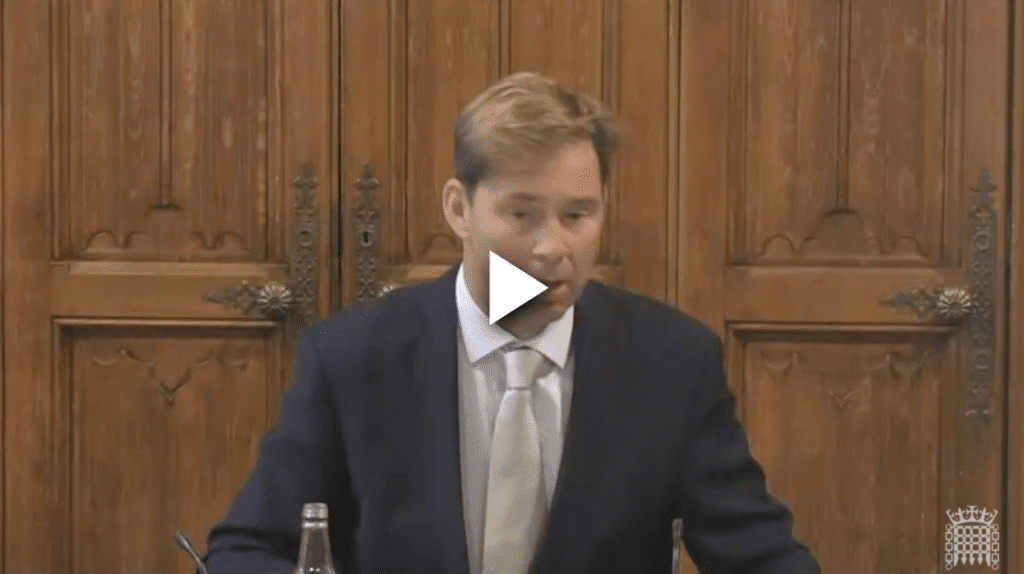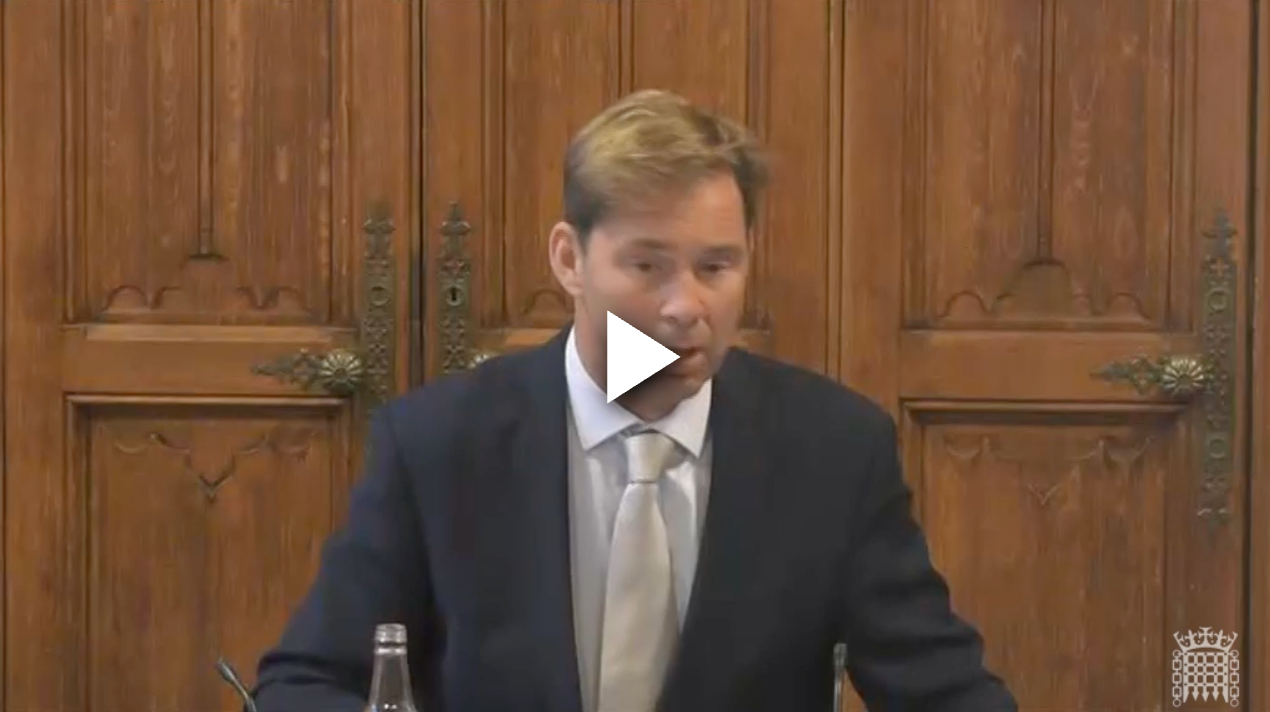Oral Evidence in Parliament on Afghanistan
This session of the UK House of Commons Defence Committee explored the UK’s withdrawal from Afghanistan, the collapse of the Afghan government, and the performance of the Afghanistan Citizens’ Resettlement Scheme (ACRS) and ARAP (Afghan Relocations and Assistance Policy).
Key points raised included:
- Lack of UK Influence: Witnesses confirmed that the UK had minimal influence over the US-led Doha Agreement, which primarily served American interests and excluded the Afghan government and NATO allies from key decisions.
- Collapse of Afghan Forces: The Afghan National Security Forces were described as structurally unsustainable, overly dependent on foreign support, and rapidly demoralised after the withdrawal of US airpower and logistical support.
- Evacuation Challenges: The withdrawal was widely seen as rushed and under-planned. While military operations (such as Operation Pitting) were executed effectively under pressure, coordination between departments—particularly the Foreign Office and MOD—was inadequate.
- Assessment Failures: Optimism bias at senior levels led to overestimation of Afghan government resilience, despite clear intelligence suggesting collapse was likely. Open-source assessments and reports, including those from SIGAR, had already highlighted the fragility of Afghan institutions.
- Humanitarian and Security Concerns: The witnesses expressed grave concern about the humanitarian crisis in Afghanistan, the risk of famine, repression of women and minorities, and the potential for Afghanistan to become a base for international terrorism again.
- Resettlement Schemes: Both the ACRS and ARAP schemes were criticised for being unclear, inaccessible, and failing to meet the scale of need. Witnesses described the exclusion of many eligible individuals, inconsistent criteria, and delays in evacuation and support.
- Call for Inquiry and Reform: Witnesses called for a lessons-learned process—if not a formal inquiry—to evaluate UK policy failures, civil-military planning, and NATO’s capacity for future missions. They also urged reform of partner force capacity-building strategies and resettlement policy.
Click the image below to watch the full video, or follow this link.

https://parliamentlive.tv/event/index/091ce980-1c25-4650-9030-b8d1951a6fe3
Witness(es): Dr Jack Watling, Research Fellow for Land Warfare, Royal United Services Institute (RUSI); Brigadier (ret.) Ben Barry, Senior Fellow for Land Warfare, International Institute for Strategic Studies
Witness(es): Dr Sara de Jong, Representative, The Sulha Alliance; Professor Brad Blitz, Representative, Afghan Solidarity Coalition; Dr Neelam Raina, Representative, Afghan Solidarity Coalition; Peter Gordon-Finlayson, Representative, The Sulha Alliance
